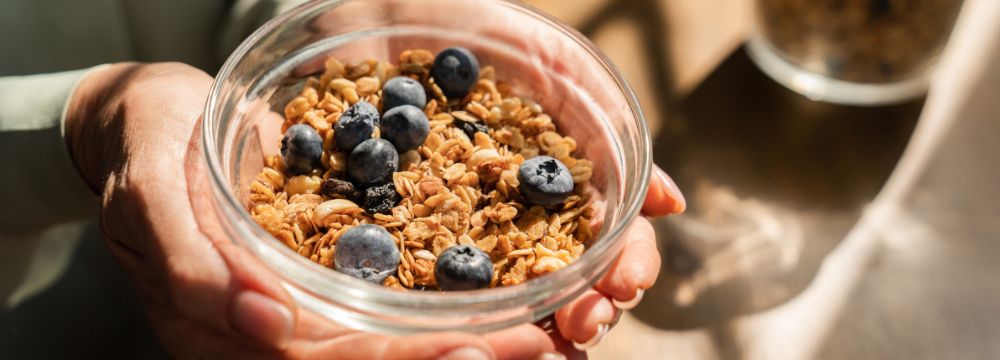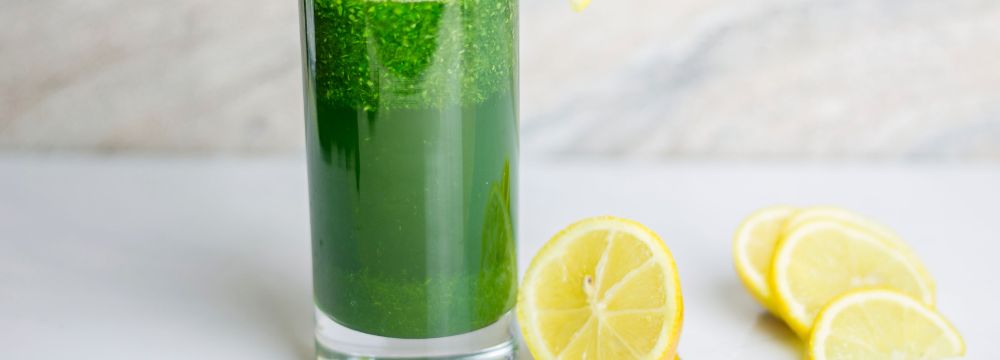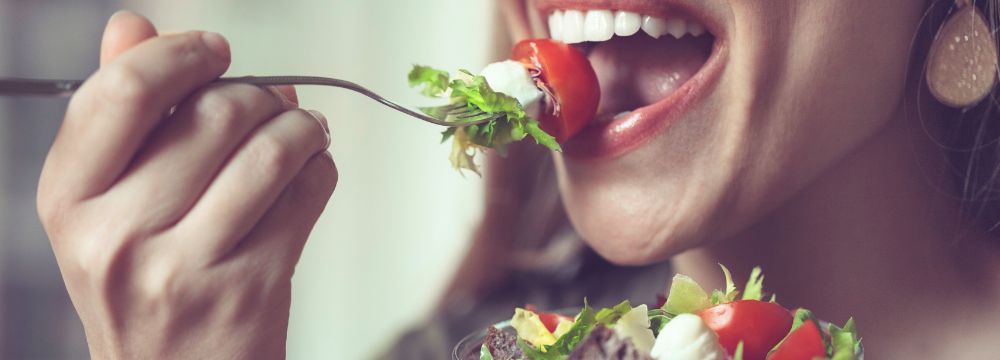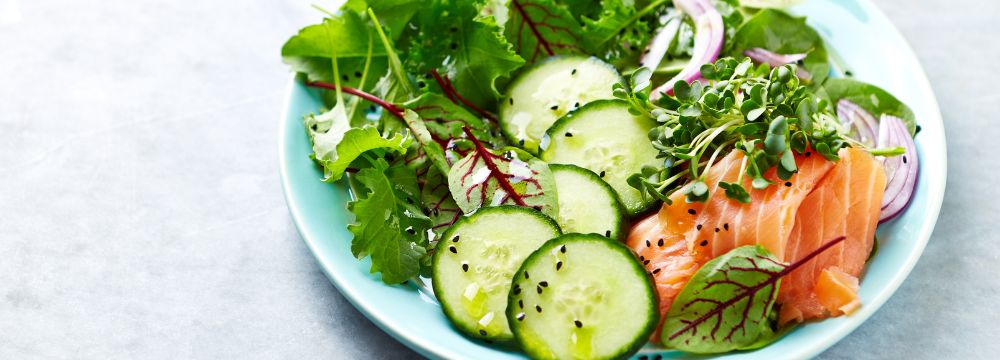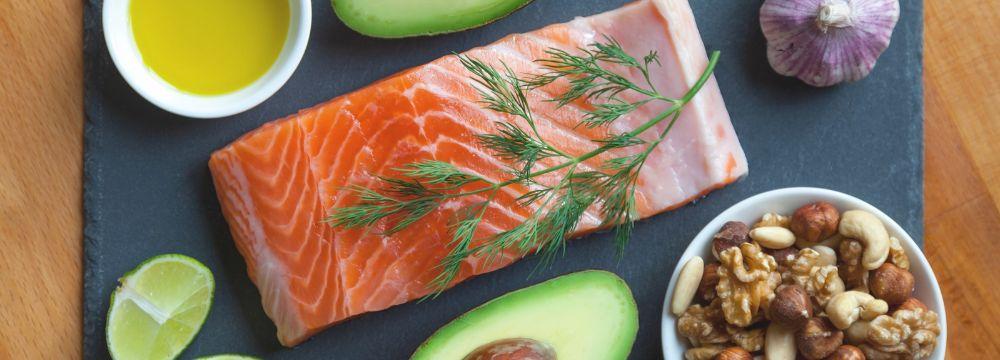
We get a lot of mixed messages when it comes to fat consumption. Eat it, don’t eat it. We overeat; we don’t eat enough. Eat the excellent fat but pass on the bad fat…well, what is it? Should we eat fat, and if so, what kind is ok to eat and what fat should be avoided?
There are essentially two kinds of fat that you’ll find in most foods these days: Known as unsaturated and saturated fat. Trans fats have largely been eliminated from foods in the US.
You want to eat unsaturated fats –good fats – because they can help lower cholesterol and reduce the risk of heart disease. You’ll want to avoid the bad fats because they do just the opposite. Easier said than done? Yes, but not if you know what foods to avoid and what foods to consume – in moderation.
Good and Bad Fats
Good fats are found in nuts, fish, seeds, leafy green, and fruits such as avocados. Bad fats are found in fried and baked goods, chicken skin, high-fat dairy products, cookies, icings, packaged snack foods, microwave popcorn, and margarine.
In our “fast food” culture, it is cheap, easy, and convenient to consume lots of bad fat; however, if you take the time to plan and pack a lunch for the day, for example, you can quickly and conveniently enjoy the good fat, a satisfying alternative to the artery-clogging meal you would get at the drive-thru.
A Note on High Cholesterol
A true misconception about cholesterol is still pervasive in our dietary choices. Many of us think that the cholesterol contained in certain foods will clog our arteries. However, research has shown that dietary cholesterol has very little to do with the cholesterol that builds up in the blood (serum). Of course, there are times when these types of cholesterol indeed cause cardiovascular problems, but that’s usually because they are part of processed food, full of saturated fat. Foods like egg yolks and certain shellfish have been vilified over the years because of their cholesterol content, but both have been vindicated and represent exceptionally nutritious protein sources.
Is There a Right Answer?
While it is hard to suggest a perfect diet, some have withstood the test of time. These include the DASH diet, developed by the National Institutes of Health in the 1990s to fight hypertension. The pescatarian and Mediterranean diets are also excellent. These diets have a good variety, promoting a balanced diet full of complex carbs and good fats. That’s the closest to the right answer we can get. Moderation. Moderation is vital to receiving the vitamins and minerals needed to sustain a healthy lifestyle. Moderation also means your diet is much more sustainable over the long term.
Changing Terminology
Ultimately, we are well served by not considering these dietary changes a diet per se. Instead, we must look at them as a lifestyle change. Something that we can and will maintain forever. Doing so allows us to think of our diets as permanent and not a temporary measure doomed to fail.
Talk to Us
Communication is one of the best ways to stay motivated during dietary changes. We encourage you to keep in touch and let us know if you ever need help with nutritional choices. Our registered dietitians and nutritionists are here to help you and all our bariatric patients achieve the life they want through sustainable means.
